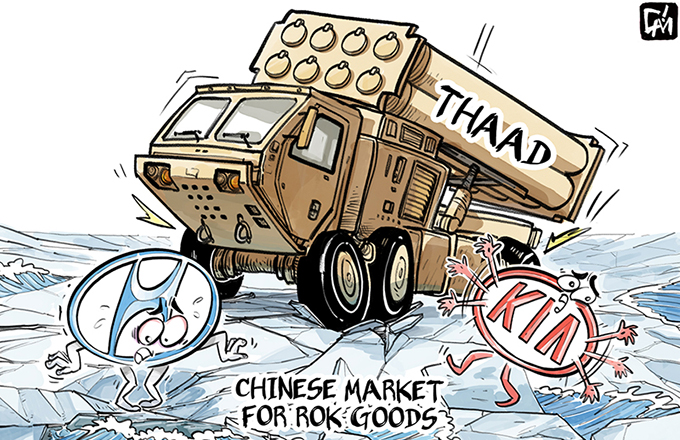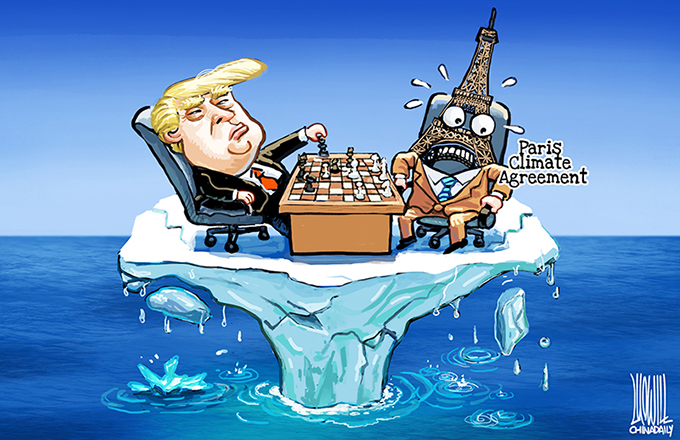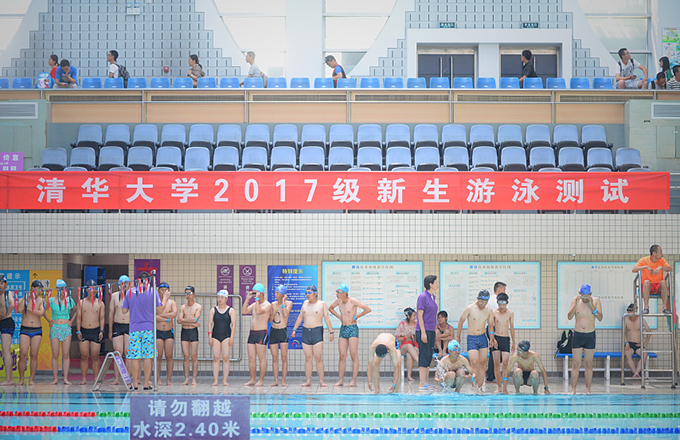ROK firms' pullout reflects loss of edge
Finding the growing competition tough

Bai Ming, a senior researcher at the Chinese Academy of International Trade and Economic Cooperation
The departure of some ROK enterprises from China is not necessarily related to the deployment of THAAD in the ROK. Since 2012, China and Japan have had a difficult time in political exchanges given the latter's attempt to "nationalize" China's Diaoyu Islands. But that has not stopped Chinese tourists from visiting Japan or buying Japanese goods; as a result, bilateral trade exchanges remain relatively active.
So ROK enterprises might be scaling down their Chinese operations because of their waning competitiveness and the increasing operational cost in China. The rise of Chinese electronic gadget manufacturers such as Huawei Technologies Co has further marginalized their ROK counterparts, whose products had once been a favorite of Chinese consumers. The rising labor costs in China also means ROK investors are tempted to look elsewhere, for example, Thailand and Vietnam where land and labor cost less and foreign companies enjoy favorable policies.
But leaving the lucrative Chinese market may not be a wise move for the ROK companies, nor is it a desirable outcome for Seoul which has been rather keen to pursue the China-ROK Free Trade Agreement. Bilateral trade reached a record $235.4 billion in 2014, almost 37 times that in 1992 when the two countries normalized their diplomatic relations.
Western competitors would quickly fill the void, and it will not be easy for the ROK enterprises to make a comeback, not least when their products are losing their magic in the Chinese market. China's high-end market that adores luxury goods and cutting-edge technological innovations could be a breakthrough.



















